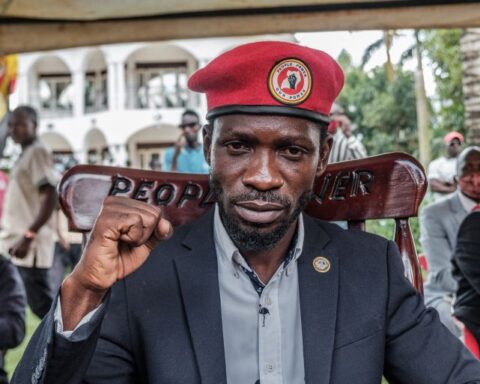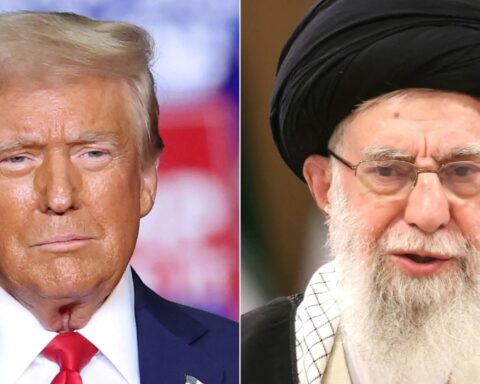Following growing concerns over the scarcity of cement in the country and allegations of government protection, biggest local supplier Jah Oil, yesterday called a press conference to announce that it has found solution to the problem with imminent arrival of a 53,000 metric ton vessel, expected in Banjul in a few days.
The company’s managing director, Momodou Hydara, said this will address the current shortage while efforts continue to normalise the current disruptions to its supply chain. He said the decision to order 53,000 metric tons, the first in history, is to be able to maintain the new price of D390 per bag.
He said as the big vessel is sailing to Banjul, a smaller one carrying 4,000 tons per trip, is shuttling back and forth to be able to maintain the market for the benefit of the people with urgent construction needs.
Asked to explain the current shortage, Hydara said the public must understand that the current shortage is caused by a normal phenomenon that can happen to any business.
“Our company has sufficient capacity to continue meeting national demand,” he stressed.
Hydara accused cement importers of trying to take advantage of the minor hiccups to make unnecessary noise.
He said people with wishful thinking want to capitalise on a minor hiccup to blow things out of proportion and build a mountain out of nothing.
“We are all aware that there is a market disruption in the cement industry leading to a sudden increase in the price of cement in the world market because of the tariffs Donald Trump is slapping on countries,” he said.
He said the American cement industry imports from Vietnam and when Trump slapped Vietnam with a 47% tariff, businesses in America turned their attention to Egypt and Turkey which are also Jah Oil’s main sources.
“So when they flooded that market with that huge volume demand, prices were automatically distorted because they were booking very high volumes compared to us,” Hydara said.
He said all of a sudden the supplier couldn’t catch up with that competition and informed us about a huge hike in price. When we looked at it and did the calculations, we knew that the only way we could sell that is to increase the prices, which we didn’t want to do,” Hydara said.
He said when they received that information from Egypt they immediately wrote to government to explain the situation but there was no immediate response.
“So when we realised that things are the same everywhere, we placed orders and informed the government that the price cannot remain at D355 anymore and explained the factors leading to this including the inflation of the dalasi against the US dollar.”
Hydara said despite the slight increase, The Gambia still has the most affordable cement prices in West Africa.
“Even Senegal is retailing the 32.5R, the lowest quality, at D468, and the 42.5R, nothing less than D500. Here we are selling the 42.5R for D390 at the factory and D415 at our stores. This is why we are proud as a Gambian company to say that we are bringing the best,” he said.
He accused the cement importers of deliberately inflating the prices to force the government to rethink its policy to the detriment of the Gambian people.
“I am calling on the government and consumer protection to look into it. You cannot come here, buy cement for D390 and sell it to your customers at D450 or D475. How is that fair to the consumers? You think you are doing this to discredit and sabotage Jah Oil, but on the contrary you are punishing the very people you promise to serve. This is exactly what is happening in the market,” he concluded.






